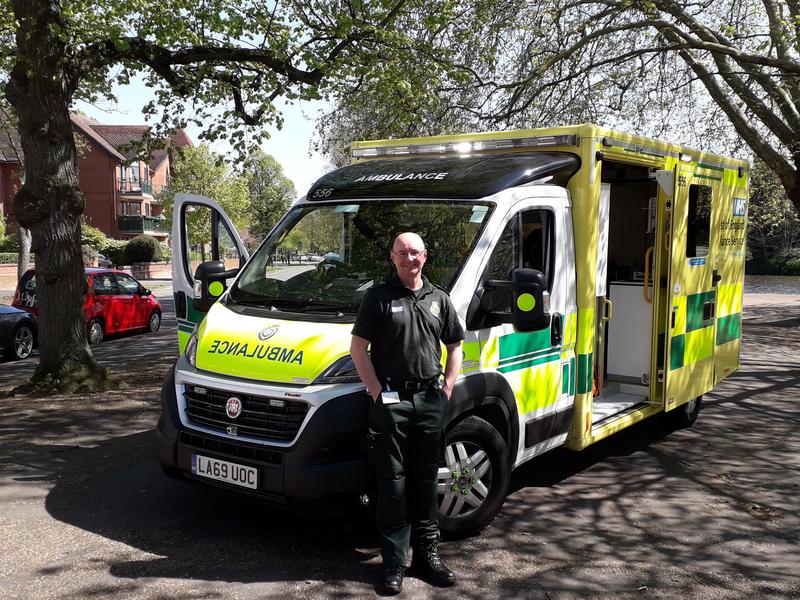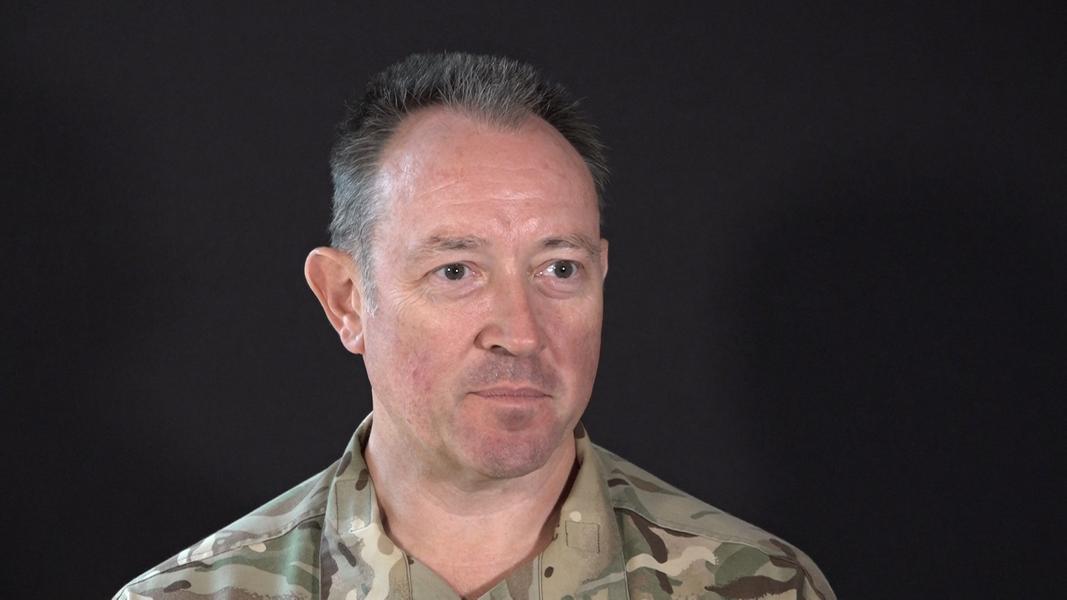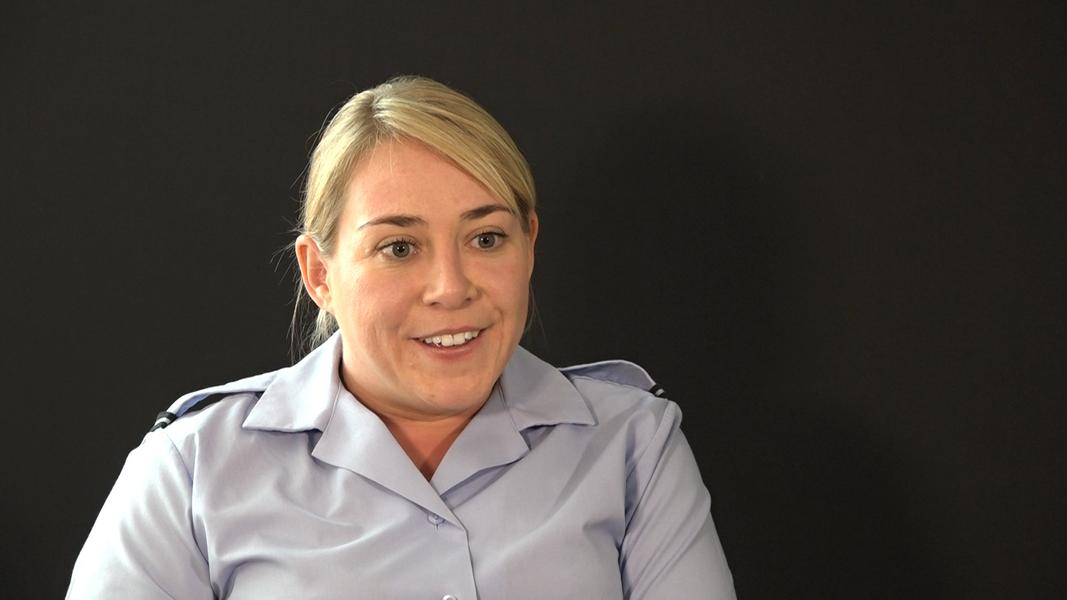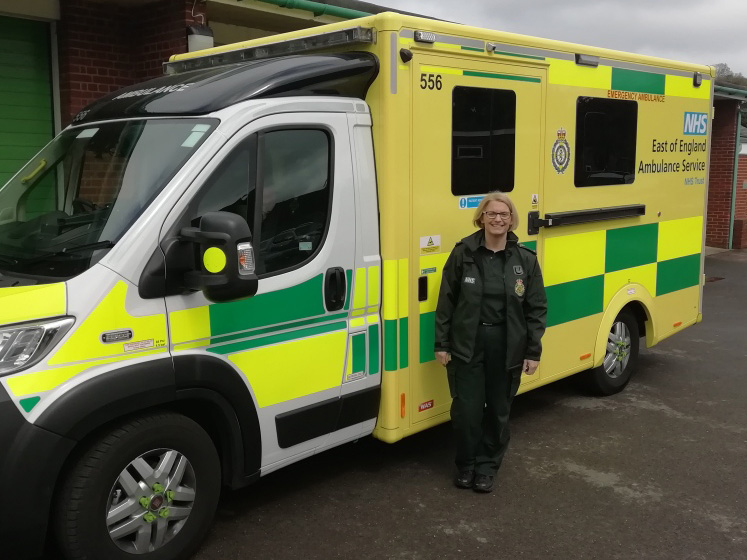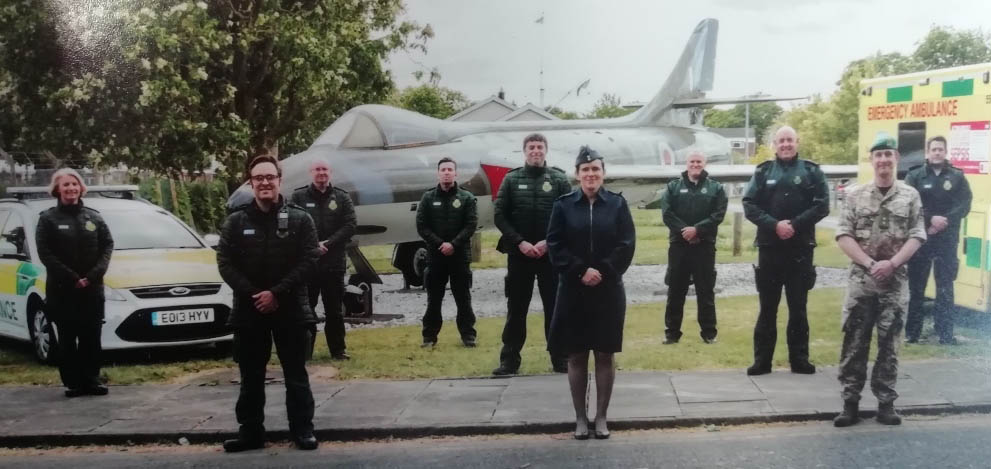with all the guys on the scheme,
being fairly mature and all of the military training,
the skills and being used to talking to people
quite clearly, it came out,
we could adapt to that where some of the other volunteers,
maybe couldn't in the same extent.
To me, we were trained by the ambulance service
on how to do a dynamic risk assessment.
Well, we do that all the time in the military.
It's part of training on ops.
So being able to do that, communications,
how to use a radio, how to drive.
It's simple things that some people may struggle with,
that it's second nature.
You bring a calmness,
you bring the ability to assess a situation,
but it's that teamwork as well.
And that's one of the things that they do appreciate
that we bring is that ability for teamwork,
working in groups, stressful situations.
So all of that and operational experience,
you're able to rely on, but put it into a civilian context.
Although we're taught all about trauma,
seems to be the military,
probably the majority of things we go to,
aren't trauma related.
They could be mental health.
There could just be people
who are very ill at that particular time.
